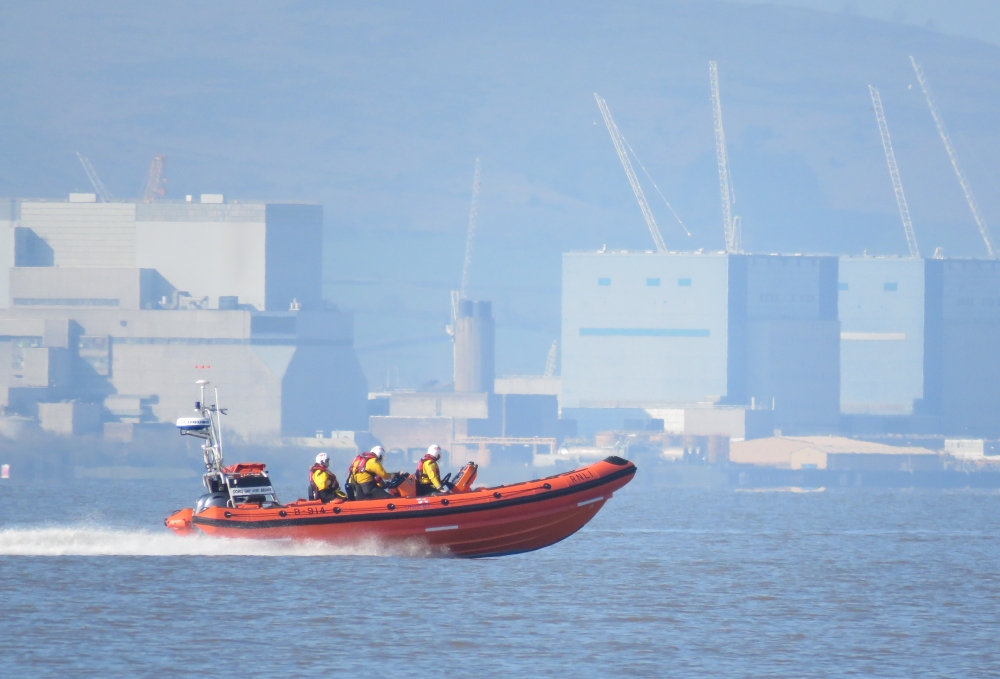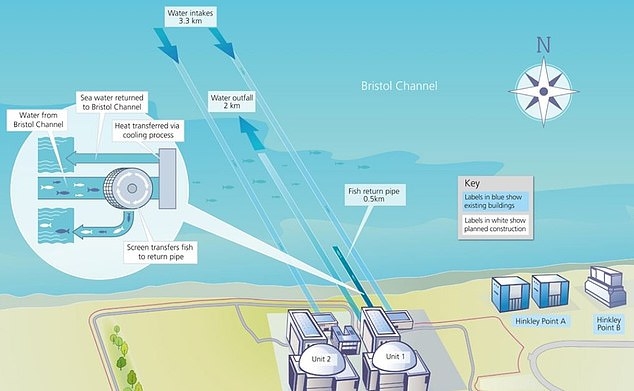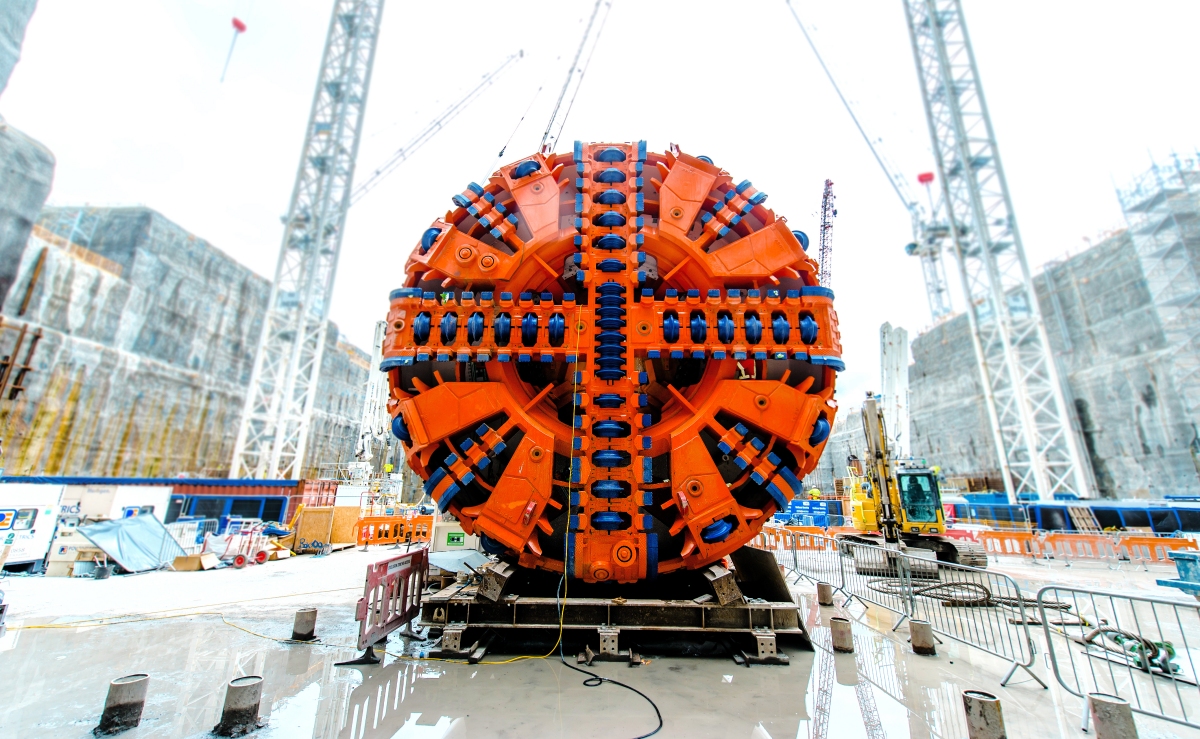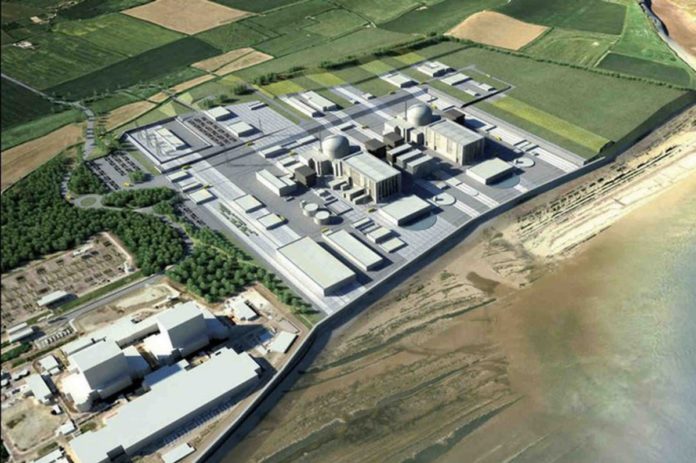Marine and conservation groups say plans for a water-cooling system at the new Hinkley Point C nuclear power station near Burnham-On-Sea will kill up to 250,000 fish a day and must be altered or scrapped.
Hinkley Point nuclear power’s cooling system has this week been described in the national press as an under water ‘plughole’ that will suck in 130,000 litres of sea water a second.
Along with the water, it will also draw in thousands of fish into the two inlet tunnels that are as wide as a double-decker bus and span two miles out into the Bristol Channel, west of Burnham-On-Sea.

Environmental organisations claim that Hinkley Point C has not properly taken into account the impact of the cooling system’s impact on the area’s marine life.
Small fish, eels and the young of many species, such as whiting and cod, will be sucked through the mesh and into the cooling system.
The plant’s Fish Recovery and Return System will have a 5mm mesh barrier set up in the water intake tunnel, 3.3 km long, to stop large fish from being sucked while another channel will divert fish, dead or alive, back out to sea.

Chris Fayers, head of environment at Hinkley Point C, said: “Studies have shown that the power station would have a negligible impact on local fish stocks with the proposed fish protection measures in place.”
“These are a fish return system and water intakes specially designed to slow the water coming into the cooling pipes. Hinkley Point C will be the first power station in the Bristol Channel to have fish protection measures.”
“The total amount of fish estimated to be killed has been predicted by Cefas (Centre for Environment, Fisheries and Aquaculture Science) to be around 56 tonnes in a year, equivalent to one small fishing trawler’s annual catch.”

But James Robinson, of the Wildfowl & Wetlands Trust, said: “The authorities must decide if it’s worth building a giant plughole to suck millions of sea animals to their deaths, in one of our most important protected marine areas, in order to produce electricity.”
And Michele Bowe, Somerset Wildlife Trust director of conservation, added: “It is of grave concern that EDF is seeking to cancel one third of the measures originally imposed to protect fish numbers when construction work of the tunnel systems is well under way.”
EDF no longer wants to include an Acoustic Fish Deterrent (AFD) as part of its cooling water intake system and is currently running a public consultation period which ends on July 26th, 2019. Readers can find out more and submit feedback here.
EDF argues that, even without the system, the impact of the system on fish populations will still be “negligible”. EDF says fish will be adequately protected by other measures, one of which will slow the water entering the system and another which will return to the sea the fish sucked in.







